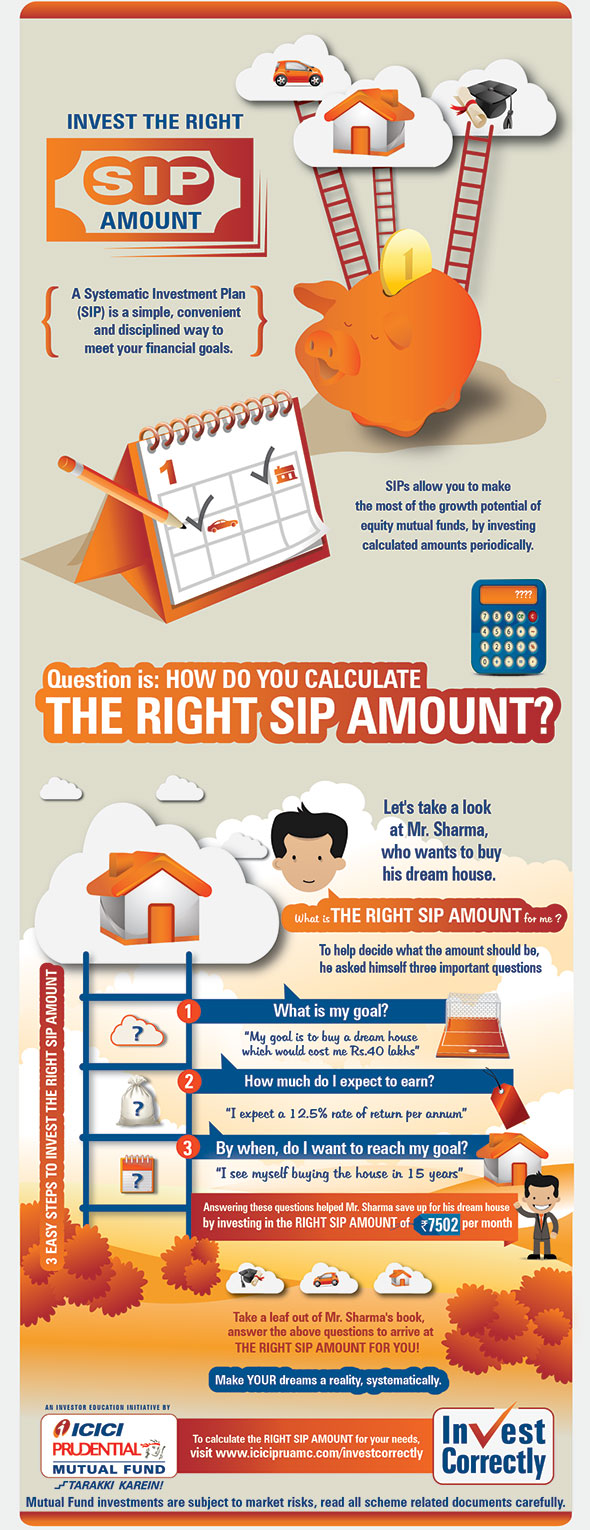Reveal The Hidden Prices And Effects Of Defaulting On An Efficiency Bond, And Discover Why It's Critical To Prevent This Costly Bad Move
Reveal The Hidden Prices And Effects Of Defaulting On An Efficiency Bond, And Discover Why It's Critical To Prevent This Costly Bad Move
Blog Article
Write-Up Composed By-
When a guaranty issues an efficiency bond, it guarantees that the principal (the celebration that purchases the bond) will certainly fulfill their commitments under the bond's terms. If the primary fails to satisfy these obligations and defaults on the bond, the surety is in charge of covering any losses or problems that result.
1. Loss of credibility: Back-pedaling an efficiency bond can damage the principal's track record and trustworthiness, making it more difficult to protect future business or financing.
2. Legal and administrative costs: The guaranty may require to pay lawful and management costs associated with going after the principal for damages or attempting to fix the situation.
3. https://civilconstructioncompanie32087.bligblogging.com/27054953/recognizing-the-distinction-between-repayment-assurances-and-efficiency-guarantees : The guaranty might require to cover the expense of finishing the task or supplying the services that the principal failed to provide. This can cause substantial economic losses for the surety.
4. Enhanced costs: If the principal has a history of back-pedaling performance bonds, they may be required to pay greater costs in the future to obtain the necessary bonding.
Generally, back-pedaling a performance bond can have major economic effects for both the principal and the surety. It is necessary for principals to thoroughly consider their obligations and guarantee they are able to fulfill the terms of the bond to prevent these unfavorable outcomes.
Back-pedaling a performance bond can be a pricey error for services. When contractor license fail to meet the bond's obligations, the monetary consequences can be substantial. From paying the complete bond total up to prospective lawful fights and harmed partnerships, the effects can resound throughout your organization operations. Recognizing the elaborate internet of monetary effects that defaulting on a performance bond can have is crucial for securing your company's economic health and wellness and reputation.
Financial Penalties for Defaulting
If you back-pedal a performance bond, you'll likely face considerable punitive damages. These penalties can differ depending upon the regards to the bond arrangement however typically involve paying the bond amount completely to the obligee. This indicates that if you fall short to meet your contractual responsibilities, you need to pay the bond amount to the task owner or the entity that needed the bond.
Additionally, you may also be responsible for any added expenses incurred by the obligee as a result of your default, such as discovering a substitute specialist or covering task delays.
Back-pedaling an efficiency bond can additionally lead to legal fees and court costs if the obligee makes a decision to take lawsuit against you to recover the bond amount. These expenses can promptly add up, further worsening the monetary impact of your default. It's essential to meticulously examine and recognize the regards to the efficiency bond to avoid these extreme financial penalties.
Influence On Service Capital
Defaulting on an efficiency bond can substantially influence your organization capital, impacting monetary security and operational capabilities. When you back-pedal a performance bond, you risk shedding the bond quantity, which can be a substantial amount. This loss directly affects your cash flow, as you'll need to locate alternative resources of funding to cover the bond amount. Additionally, defaulting can lead to boosted examination from guaranties, making it more challenging and more expensive to safeguard bonds in the future. This can even more strain your cash flow as you might require to designate additional sources to meet bonding needs.
The impact on your capital does not stop there. Defaulting on a performance bond can also lead to task hold-ups or terminations, bring about a loss of income. In addition, the negative track record that features defaulting can hinder possible clients, better reducing your capital. On the whole, back-pedaling a performance bond can have detrimental results on your business's financial health and capacity to run efficiently.
Lawful Implications and Suits
Dealing with legal ramifications and possible legal actions as a result of back-pedaling a performance bond can substantially impact your service's track record and economic standing. When you default on a performance bond, the surety business might take lawsuit to recover the bond quantity paid. This can cause costly legal costs, court expenditures, and possible negotiations or judgments against your business.
Furthermore, back-pedaling a performance bond may bring about harmed partnerships with customers, subcontractors, and providers, influencing your ability to protect future agreements. Lawsuits arising from bond defaults can tarnish your service's reliability in the industry, making it challenging to draw in brand-new companions or consumers.
Furthermore, if the default brings about a court judgment against your service, it might result in property seizure or liens, additionally stressing your economic security. Therefore, it's important to understand the legal effects of back-pedaling a performance bond and take positive actions to reduce the dangers entailed.
Final thought
As you deal with the consequences of back-pedaling an efficiency bond, remember this: it's like walking a tightrope without a safety net. One incorrect step can send you plummeting into an economic freefall, without method to stop the fall.
The financial penalties, capital effect, and lawful implications are all waiting to capture you if you slip up. So step carefully, and constantly recognize your commitments to avoid the extreme consequences of default.
